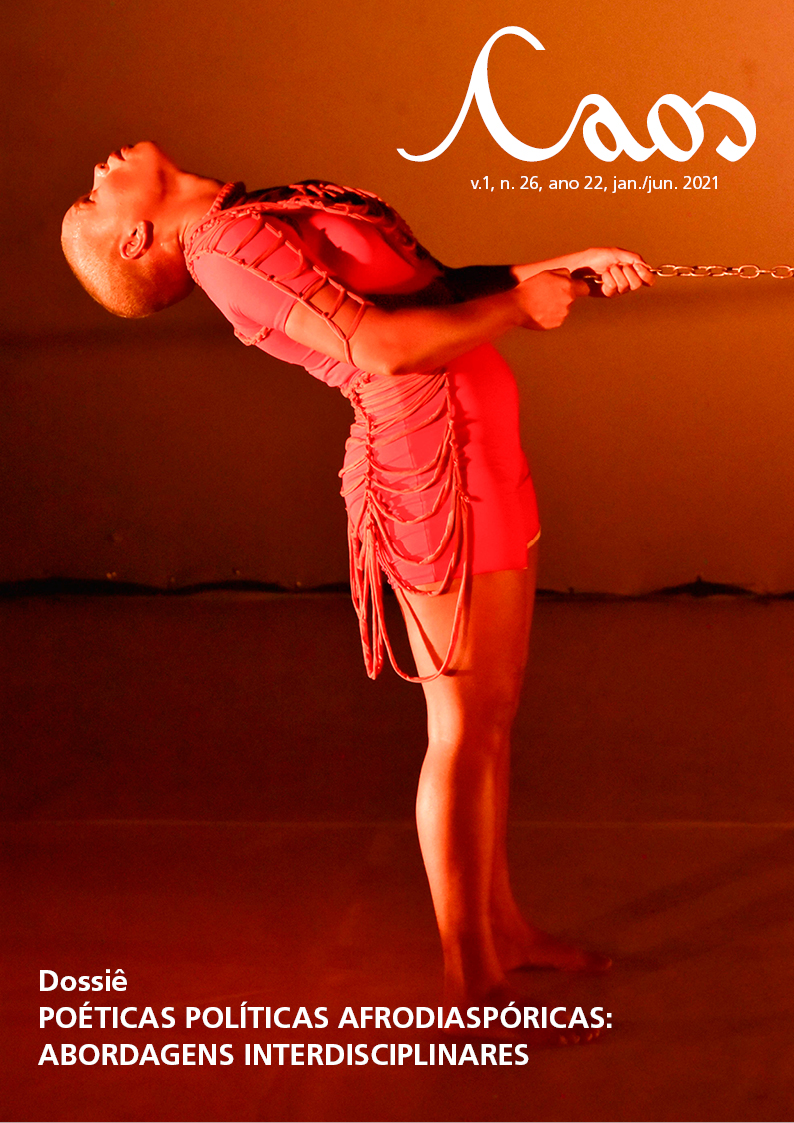THE MILITARY IN BOLSONARO'S GOVERNMENT: Brazilian democracy under tutelage?
DOI:
https://doi.org/10.46906/caos.n26.57873.p291-309Keywords:
Army, Tutelage, Republic, DemocracyAbstract
The following work aims to analyze the motivations for the extensive political participation of the Brazilian Army in Bolsonaro's government and its relation to submission of Brazilian democracy between the years 2013-2018, specifically, how we arrived at the government with the historically largest number of military in cabinet. For this, it is necessary to make a historical reconstruction of the formation of the Brazilian Republic and the current normative conditions that continue to allow the military act as the "moderating power" of the Republic. At first, we will see how, at various times in Brazilian political life, the Army were active subjects of social transformations in Brazil. In a second part, critically, we will use concepts developed by Florestan Fernandes to understand fundamental elements of the national State. Finally, after this historical overview and critical analysis of the Republic, starting from a case study of the Brazilian situation, we will see how in the recent period, the role of the Army is central to the institutional crisis that we are experiencing, its premises and its effects in relation to Brazilian democracy. It was concluded from the research that there is Military tutelage of the Republic, that this phenomenon hampers Brazilian democratic culture and that it finds its roots in our historical formation.
Downloads
Metrics
Published
Issue
Section
License
Copyright (c) 2021 Antonio Alves de Vasconcelos Filho

This work is licensed under a Creative Commons Attribution-NonCommercial 4.0 International License.
A Caos é regida por uma Licença da Creative Commons (CC): CC BY-NC 4.0, aplicada a revistas eletrônicas, com a qual os autores declaram concordar ao fazer a submissão. Os autores retêm os direitos autorais e os de publicação completos.
Segundo essa licença, os autores são os detentores dos direitos autorais (copyright) de seus textos, e concedem direitos de uso para outros, podendo qualquer usuário copiar e redistribuir o material em qualquer suporte ou formato, remixar, transformar e criar a partir do material, ou usá-lo de qualquer outro propósito lícito, observando os seguintes termos: (a) atribuição – o usuário deve atribuir o devido crédito, fornecer um link para a licença, e indicar se foram feitas alterações. Os usos podem ocorrer de qualquer forma razoável, mas não de uma forma que sugira haver o apoio ou aprovação do licenciante; (b) NãoComercial – o material não pode ser usado para fins comerciais; (c) sem restrições adicionais – os usuários não podem aplicar termos jurídicos ou medidas de caráter tecnológico que restrinjam legalmente outros de fazerem algo que a licença permita.
Recomendamos aos autores que, antes de submeterem os manuscritos, acessem os termos completos da licença (clique aqui).
















